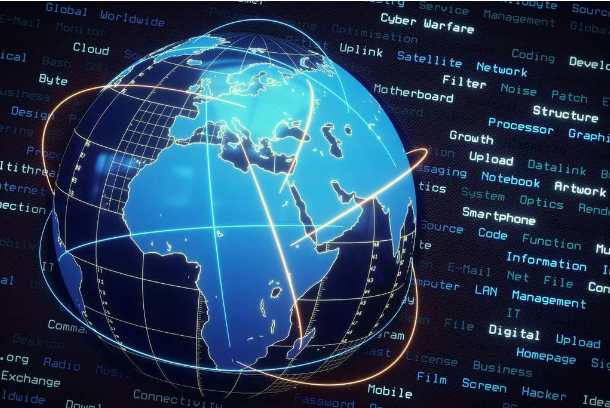
Social networks have transformed the world's media landscape and public discourse. More important than the changes however, is what kind of information they broadcast. Disinformation was found to be present in the Western world's democratic elections in the past years. Far from limited to politics, though linked to political agendas, disinformation can have massive detrimental effects on the international business environment, with risks more acute in the developing world, where social media is increasingly people's primary information source.
In this arena, numerous challenges abound, with fewer checks and. Instability in developing countries provides fertile ground for disinformation. In Africa, a higher volume of disinformation affects countries with existing conflicts or social tensions. The central role that the developing world played in recent years in great power competition is increasing this.
Kalim Ahmed, a digital investigator focusing on disinformation and influence operations said: "To understand the current threat to businesses one must consider a country's structure. In South Asia, apart from religious divisions, we must consider caste".
On the impact on trade, Ahmed added, "There is a campaign against Indian products in Bangladesh and it banks on a religious angle. The campaign claims these contain cow dung and pork. I've observed a start-up orchestrating a campaign against competitors because they offered trips to the Maldives during a flare-up of tensions between the Maldives and India. This exemplifies how a free-for-all hellscape emerges when jingoism, religious divides, and nationalistic fervor intertwine".
Developing nations' demand for trade and FDI place business communities in a politicized environment, especially at a time when global affairs are painted as West vs. East. Russia, is actively driving anti-West sentiment to mitigate the political fallout from Ukraine. Western countries are also fueling dichotomous worldviews emphasizing competition with China.
Russia and China have topped charts mapping the sources of disinformation. Using fake profiles, influencers and content, disinformation is affecting public opinion globally. Employing the latest technologies, average consumers are struggling to verify authentic news.
Research found that negative news is three times as influential as positive news in determining public attitudes about companies' reputation. Furthermore, a single negative article published online can make a business lose as much as 22% of customers. With three such articles, this rises to 60%.
According to Michael Markovitz, head of the GIBS Media Leadership Think Tank, businesses have a role in combatting disinformation. He said, "It is arguable that business associations and companies should be playing a greater role. Not only does business have an interest in maintaining democracy, but the survival of the private sector needs accurate information and credible data. Protecting the information ecosystem should not only be the responsibility of platforms, the media and election authorities".
A difficult element of fighting disinformation is how fake news appeals to internal biases. Indeed, the World Economic Forum has highlighted people's propensity to see their preexisting opinions confirmed by the news.
India, has ranked highest in the WEF's 2024 report for this threat. Fitting the profile identified, India has more than 70% of youngsters consuming news online. With ongoing conflict with Pakistan and cleavages between societal groups, India is heavily at risk.
Disinformation is also ripe in Africa. According to the Africa Center, Nigeria and Kenya are among countries registering the most hours spent on social media. More than 70% of Kenyans are concerned about fake news spreading. The highest volume of disinformation campaigns in Africa has been in South Africa, promoting Russian narratives.
Online platforms have become the preferred means of accessing news. Online disinformation is effective not only because of underlying tensions but also because of great powers' efforts to drive public opinion. The international business community must heed warnings about the effects of disinformation on international business, and equip themselves with the tools needed to combat this.
Disclaimer: IBT does not endorse the above content.









